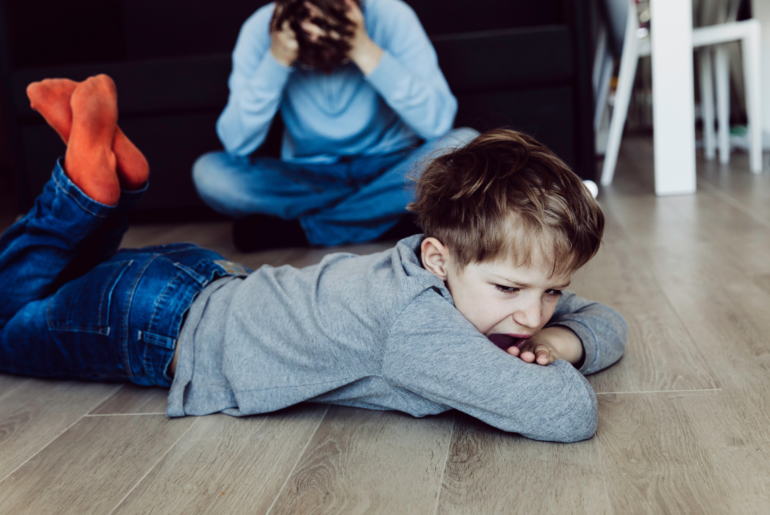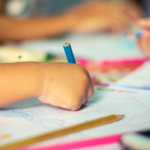A new Australian study focuses on the parents of children with autism and certain rare diseases. And those parents, the paper published in Research in Autism Spectrum Disorders states, are significantly more likely to have post-traumatic stress disorder (PTSD) than parents of “typically developing” children.
The research team knew that parents of children with certain health and behavioral challenges were more likely to have elevated stress levels, but they wanted to know if PTSD was an appropriate framework for understanding parents’ experiences. The resulting study of 395 parents showed that about 19% of the parents of children with autism spectrum disorder (ASD) had symptoms of PTSD. And those parents whose children exhibited challenging behaviours such as physical aggression and self-harm were especially likely to have symptoms of PTSD.
Parents of children with rare diseases (such as Ehlers-Danlos syndrome, Duchenne muscular dystrophy, and others) were also part of the study because they are believed to encounter similar challenges, including “uncertainty around cause, cure and prognosis, challenged communication and attachment, unmet service needs, low levels of perceived family and community support and understanding, and low confidence in their ability to manage their child’s condition.” The researchers conclude that health professionals need to be aware of the likelihood of PTSD in parents, so that they can work more effectively with families and help provide the necessary care and support.
The study might not tell the whole story
Writer and autism advocate Maxine Share urges us to be careful in how we interpret the study results, though. It’s too easy to jump to the conclusion that the behaviors of these children are directly causing parents to develop PTSD. She clarifies that she and many other parents of kids with autism are indeed “stressed out of our minds. Not because of our kids, mind you, but because of the general ignorance of autism in our society. … The truth is, ‘challenging behavior issues’ are really lack of proper support issues and lack of understanding issues.”
She details how schools and educators, friends and family, and others frequently make uninformed judgment calls about autistic children and their parents that only serve to increase feelings of stress, anxiety, and isolation. She concludes, “It’s time to stop blaming our autistic children for their challenging behaviors and start working toward a truly inclusive society that naturally accommodates everyone.”
Psychologist Liz Matheis, who wrote on the topic before the current study was published, agrees that there are many factors at play. She points out that some of the traumatic stress for parents of children with disabilities can stem from the first difficult phase of realizing their child needs evaluation to getting a diagnosis. She further says that, if and when children display aggressive behaviors, “parents are often concerned about safety, often hiding bruises or staying at home to protect their child so that others don’t witness the physical aggression.”
Matheis recommends that parents who are distressed or who have symptoms of PTSD should consult a psychologist, find respite child care services, and talk with other parents who may have had similar experiences. “It is OK for parents to seek help for themselves instead of maintaining a 100 percent focus on their child,” she urges.







